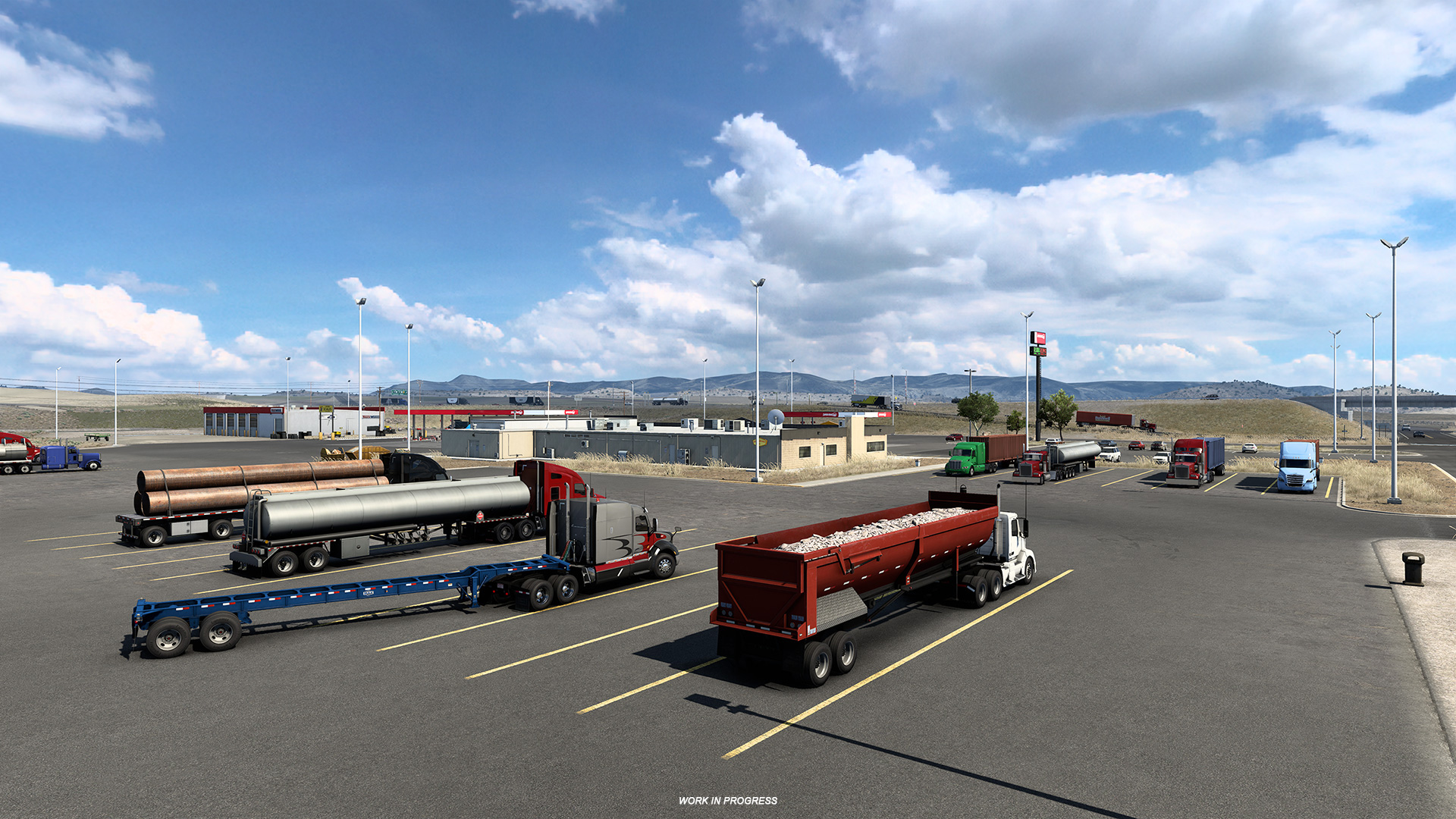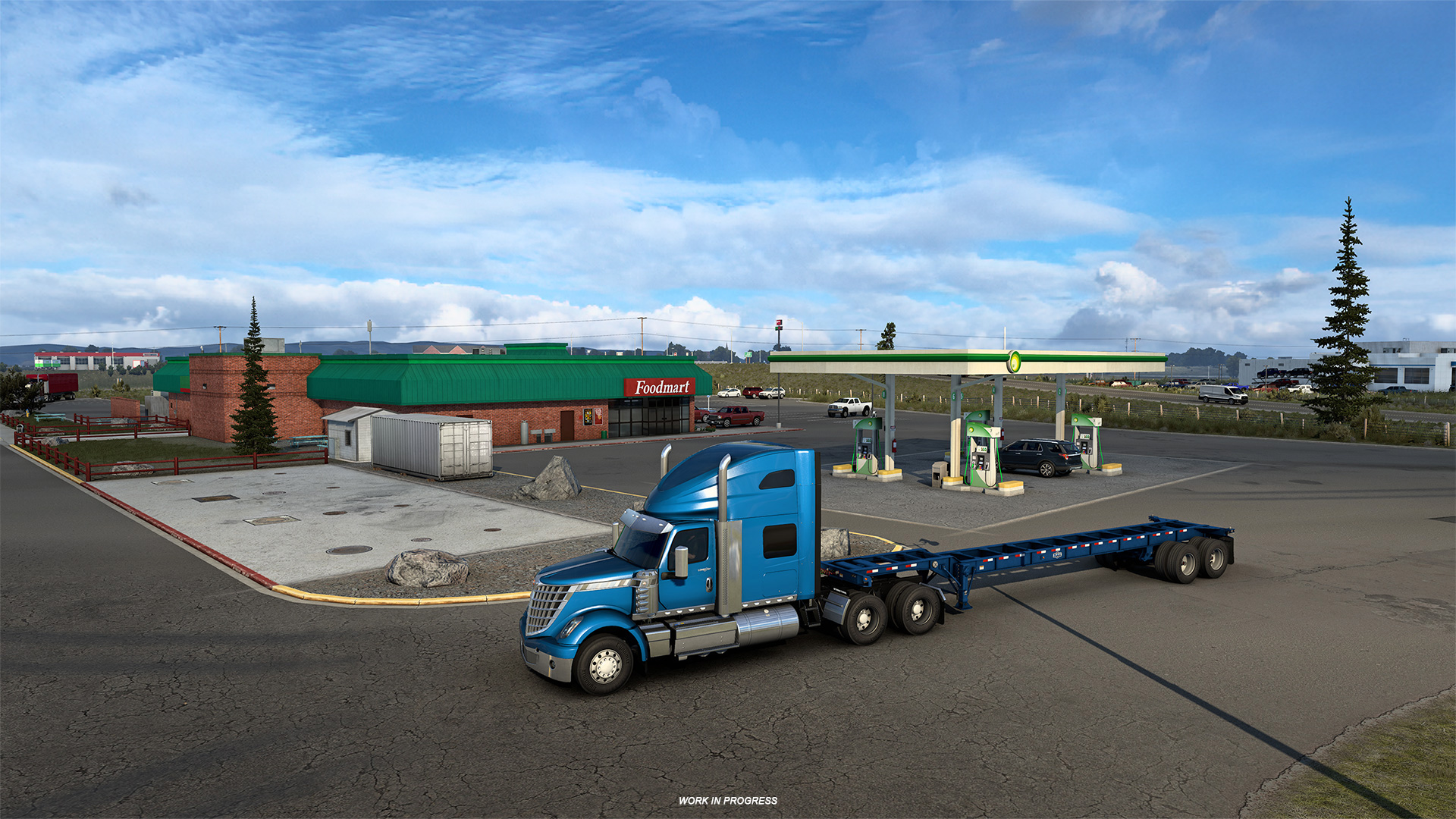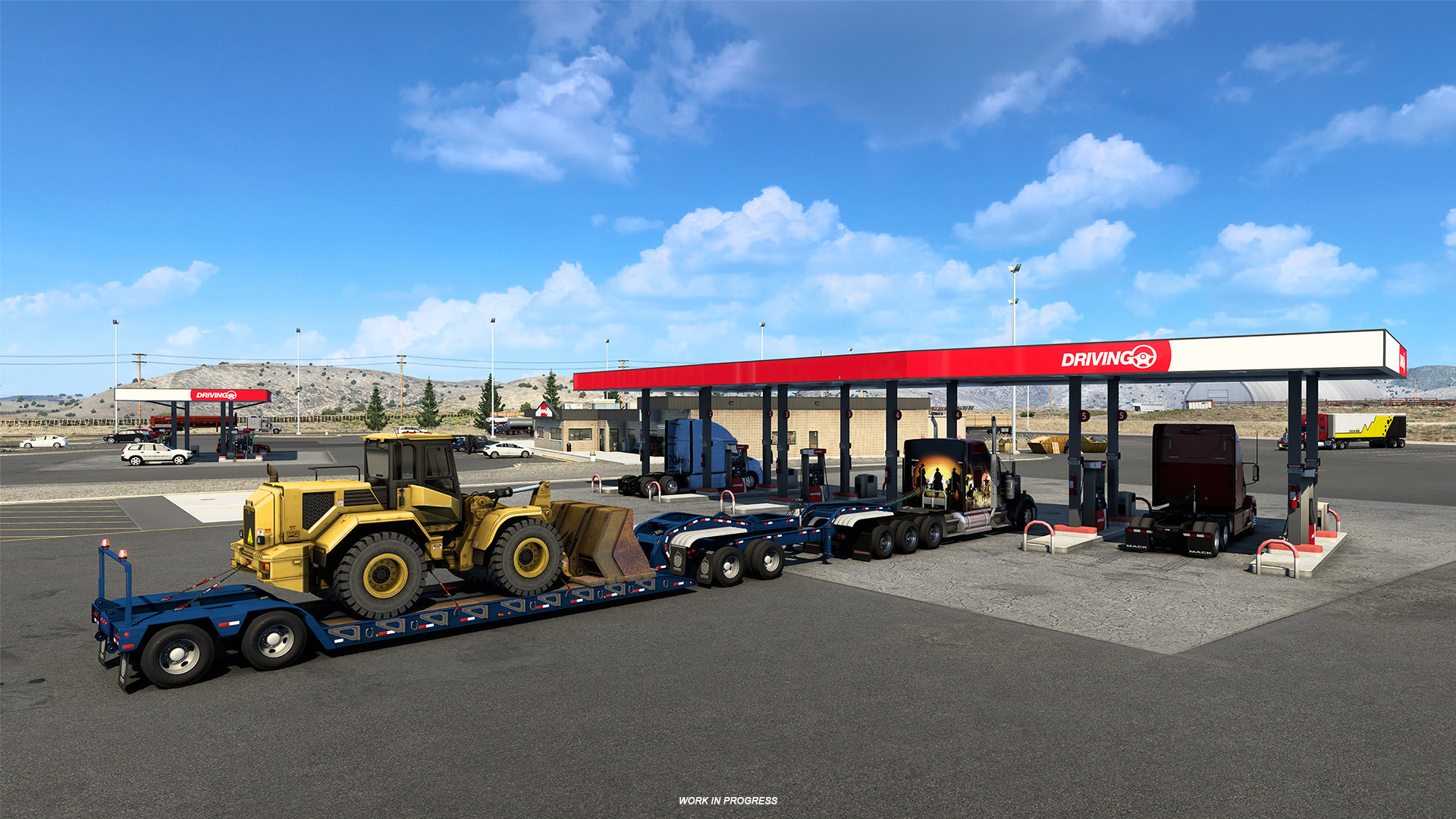Investing in the stock market offers a world of opportunities for those looking to grow their wealth. While many investors focus on familiar sectors like technology or healthcare, there’s a lesser-known area that has been gaining traction in recent years – truck stop stocks.
In this article, we’ll dive into the world of truck stop investments and explore why they’re worth considering as part of your portfolio.
Introduction to the Booming Trucking Industry
The trucking industry is booming, serving as a lifeline for various sectors by transporting goods across the country. With the rise of e-commerce, the demand for truck services is skyrocketing. Customers expect speedy deliveries, and companies rely heavily on trucks to efficiently deliver products from warehouses to doorsteps.
Technological advancements and globalization have further propelled this growth, making trucks indispensable in our modern economy. As online shopping continues to shape consumer behavior, trucks play a vital role in ensuring timely and efficient delivery of goods.
Understanding Truck Stops
Truck stops are essential rest areas for tired truckers on long journeys. These havens offer fuel stations, restaurants, convenience stores, showers, and ample parking facilities. Drivers can refuel, enjoy a hot meal, stock up on supplies, freshen up with a shower, and safely park their trucks overnight.
Truck stops play a crucial role in providing much-needed rest and necessary amenities for truckers in the transportation industry.
Exploring the Investment Potential
Truck stops present a compelling investment opportunity, with market leaders like Pilot Flying J and Love’s Travel Stops generating substantial revenue. The increasing demand for truck services, driven by the e-commerce boom, ensures a consistent customer flow to truck stops for refueling and essential services.
Surprisingly, higher fuel prices can benefit truck stop stocks as they profit from fuel sales. Investors should consider factors such as revenue growth, profit margins, market share, and expansion plans when evaluating opportunities in this sector.
By analyzing these indicators and market trends, investors can make informed decisions about capitalizing on the thriving truck stop industry.
The Importance of Location
Strategic placement near major highways is crucial for the success of truck stops. Being conveniently located along well-traveled routes ensures increased traffic and customer footfall. Truckers are more likely to stop at truck stops that offer the amenities they need without straying too far from their planned routes.
Revenue generation is directly impacted by location. Truck stops situated in prime locations enjoy a steady stream of customers and have the potential to generate significant profits. These ideal locations also attract other businesses that cater specifically to the needs of truckers, creating a comprehensive hub of services.
Diversification Beyond Fuel Sales
Successful truck stop companies understand the importance of diversifying their offerings beyond fuel sales to increase profitability. By expanding their services, such as adding restaurants, convenience stores, showers, and parking fees, these companies attract a broader customer base and boost overall earnings.
This strategy allows them to cater not only to tired truckers but also to regular travelers in need of similar services during long journeys. With a range of amenities and facilities, truck stop companies create a comprehensive destination that meets the diverse needs of their clientele.
The Impact of Economic Cycles
Economic cycles significantly affect truck stop stocks. During periods of economic growth, increased consumer spending drives up the demand for transportation services, benefiting the trucking industry and truck stops. Conversely, economic downturns lead to decreased consumer spending and lower demand for goods transportation.
To navigate these cycles successfully, investors should diversify their portfolios across different sectors and maintain a long-term outlook. This approach helps mitigate risks associated with relying solely on the truck stop sector and maximizes opportunities for success in this dynamic market.
The Role of Government Policies
Government policies significantly impact truck stop stocks. Regulations in the trucking industry can influence growth and affect the demand for truck services. Stricter emission standards and driver rest hour regulations impact the frequency of trucks utilizing these stops.
Conversely, government infrastructure spending benefits truck stop companies by improving road networks and enhancing connectivity. A well-maintained transportation system ensures smoother operations for both truckers and truck stops.
| Government Policies | Impact on Truck Stop Stocks |
|---|---|
| Stricter emission standards | Directly affect industry growth |
| Regulations related to driver rest hours | Influence demand for truck services |
| Government infrastructure spending | Enhances road networks and connectivity |
Government policies play a crucial role in shaping the success of the truck stop industry. Regulations can either hinder or promote growth, depending on their stringency. Additionally, investments in infrastructure have a direct impact on the efficiency of truck stops by improving transportation systems.
Balancing regulation with growth promotion is essential for fostering sustainable development within this vital sector of our economy.
Risks and Challenges
Investing in truck stop stocks carries risks and challenges that should be considered. Market saturation, caused by increased competition as more companies enter the market, can lead to thinner profit margins. Rising fuel prices pose another challenge, impacting operating costs and potentially reducing profits.
To overcome these challenges, truck stop companies must innovate and differentiate themselves from competitors by offering unique services tailored to the needs of truckers. Building strong supplier relationships and exploring alternative energy sources can help mitigate risks associated with fluctuating fuel prices.
Monitoring industry trends and adapting to changes is crucial for long-term success in this competitive landscape.
[lyte id=’G2vZTvxPipA’]







